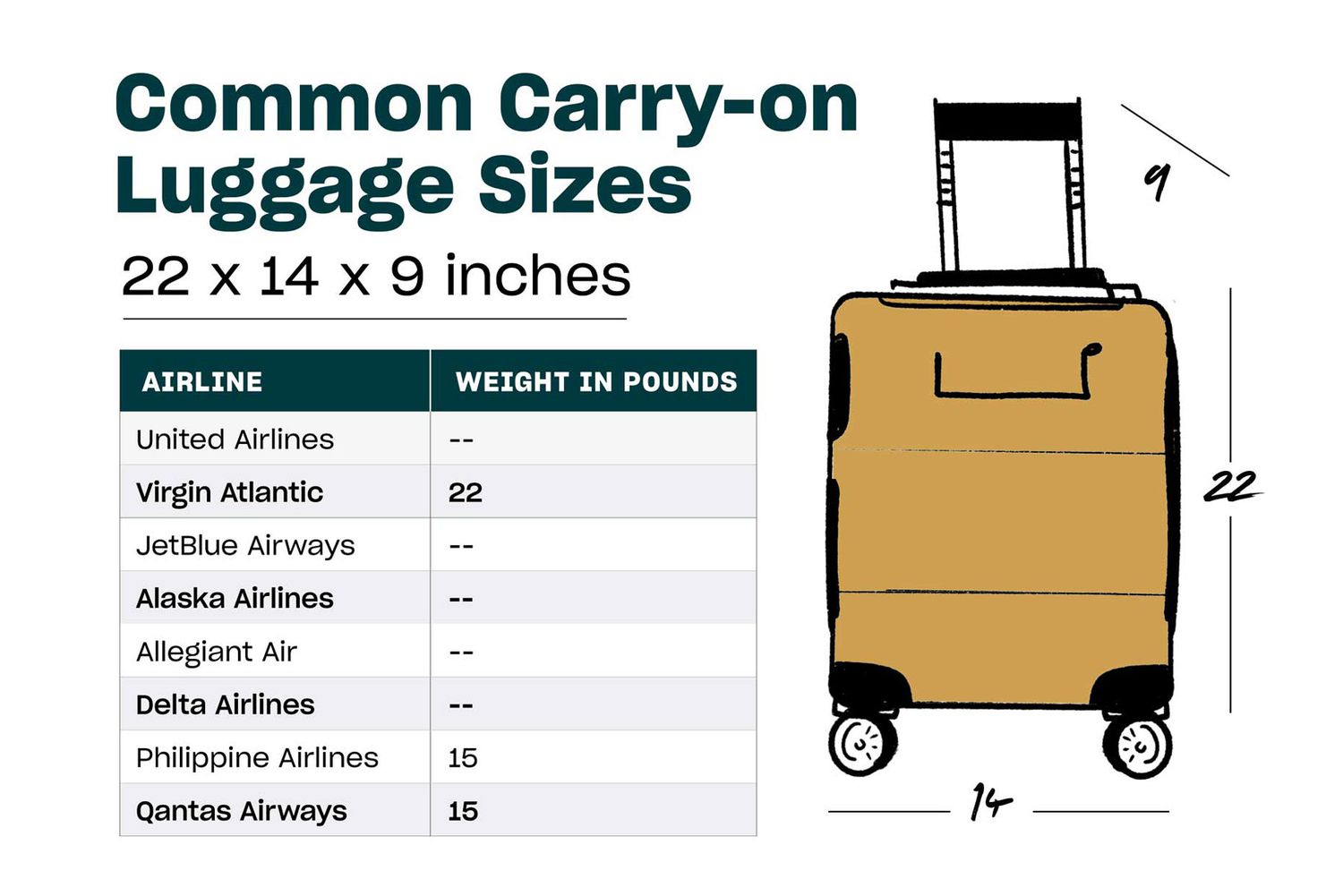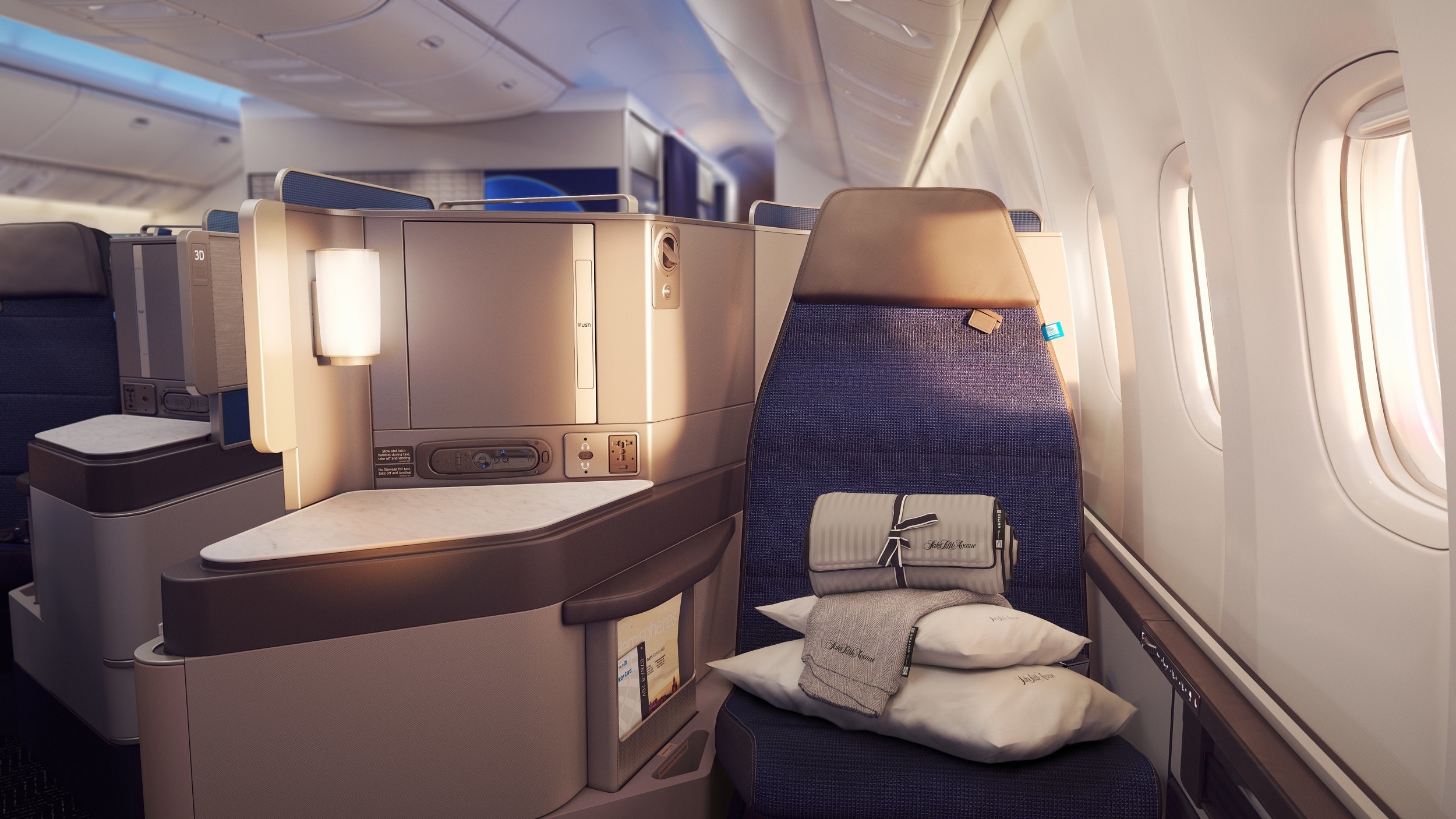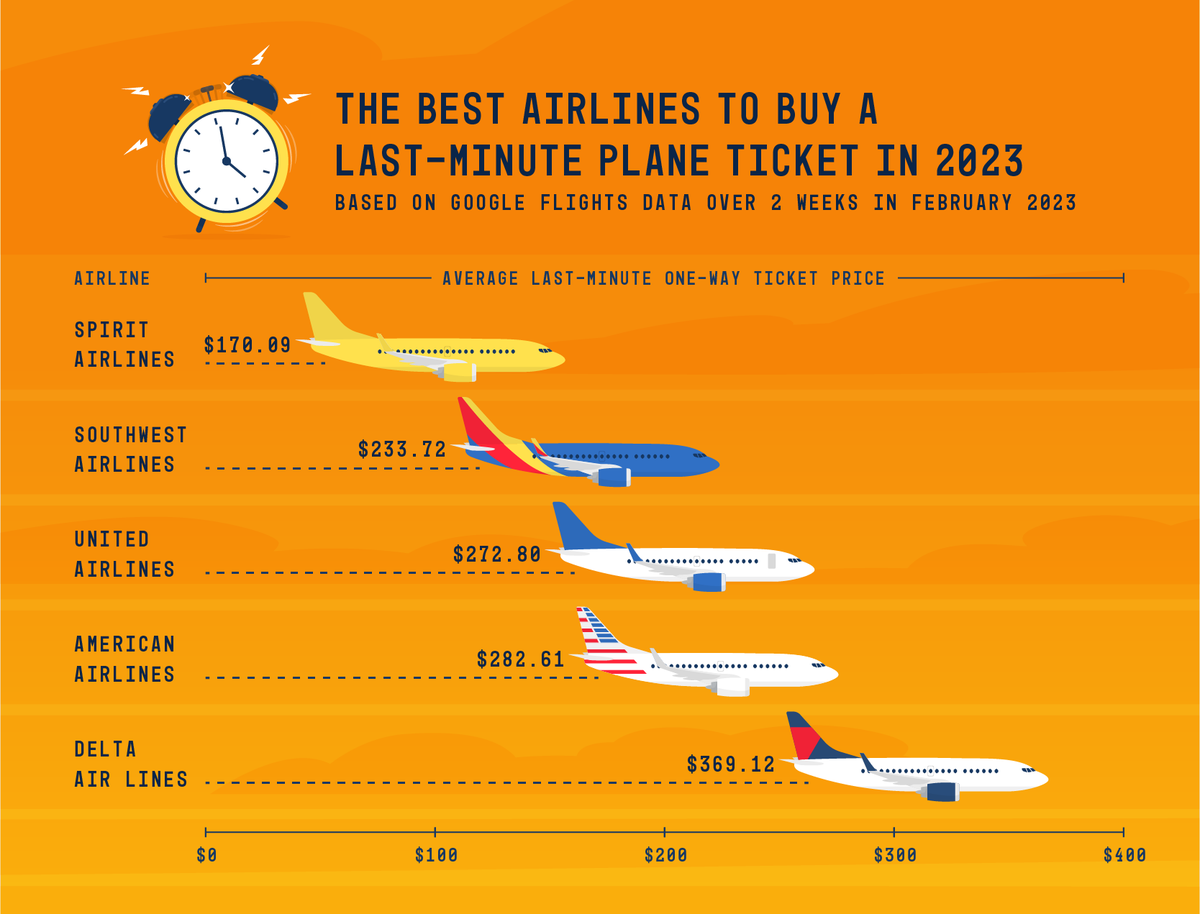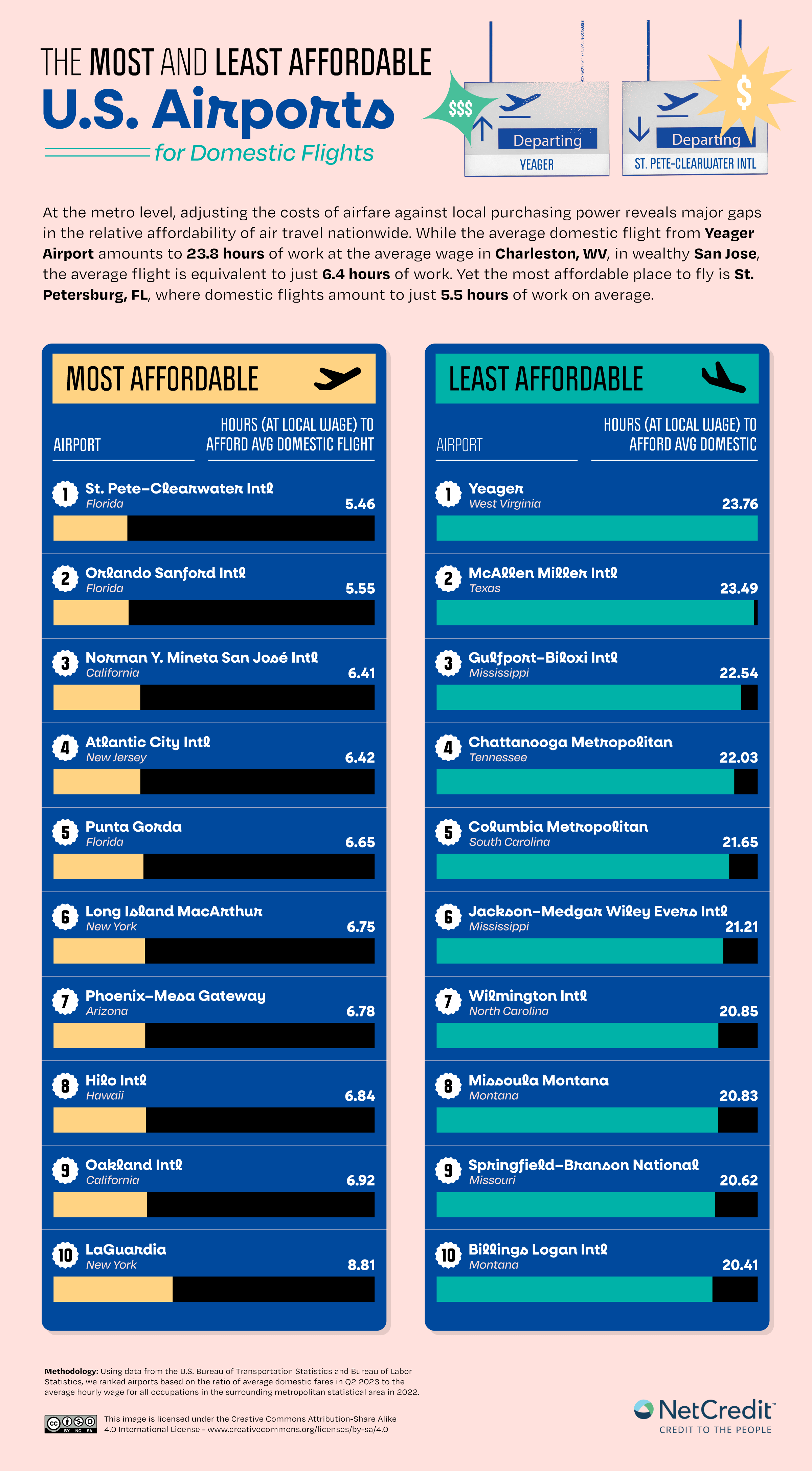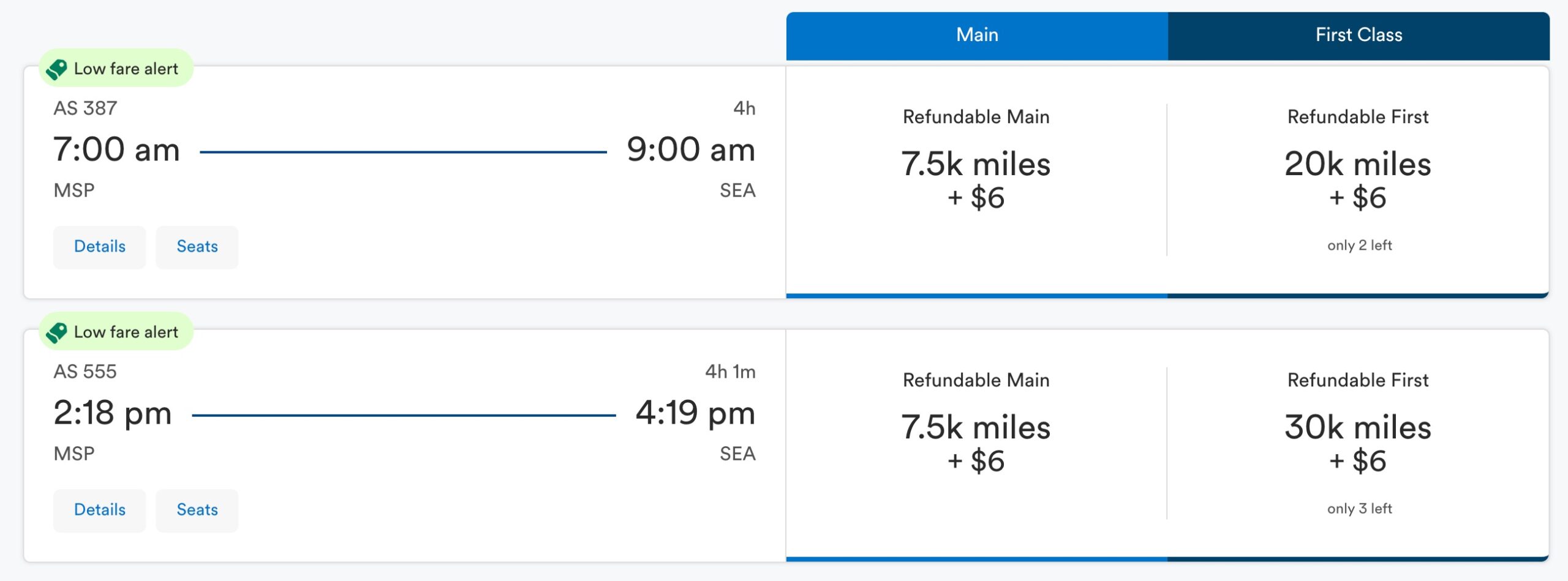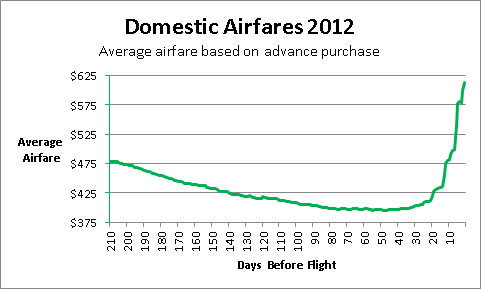
It’s intriguing to know that booking domestic flights can save travelers an average of 10-20% just by choosing the right timing. Consider a busy vacation season; booking months ahead feels tedious, yet it can provide significant savings. Timing isn’t everything, but it forms a crucial part of an efficient travel strategy.
Historically, the travel industry has identified a sweet spot for booking domestic flights—around 70 days in advance. This timing has consistently shown favorable pricing trends, as conducted by various travel analyses. Nevertheless, pricing can fluctuate due to factors like seat availability and market demand, so maintaining flexibility remains key.
- Research popular booking trends around 70 days before departure for cost-efficiency.
- Consider off-peak seasons to lower flight prices.
- Utilize fare prediction tools and set up alerts for price drops.
- Book early morning flights for potential savings.
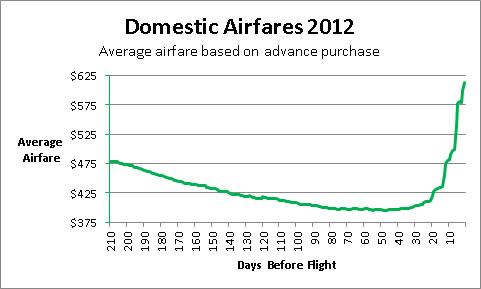
The Importance of Timing in Booking Domestic Flights
Timing can significantly influence the cost of your domestic flights. Booking too early or too late can result in paying more than necessary. Many travelers find that booking their tickets about two months in advance helps them snag the best deals. Airlines often offer the lowest prices for flights booked during this sweet spot. However, waiting until the last minute can be risky, often leading to higher costs.
Another reason timing matters is seat availability. Flights tend to fill up quickly, especially during peak travel times like holidays. Early bookings ensure you have more choice in seat selection. This can make your journey more comfortable. Plus, you’ll have peace of mind knowing your spot is secured.
The timing of your booking can also affect additional perks. Some airlines provide extra benefits to early bookers, like free checked bags or seat upgrades. These perks can enhance your travel experience without additional cost. Therefore, planning ahead not only saves money but also adds value to your journey.
External factors such as airline sales and travel trends can impact the timing of flight bookings. Sometimes, airlines announce sales around major holidays or events. It can be useful to stay updated on these promotions through newsletters or travel apps. Recognizing these patterns can help you decide the best time to book flights. This approach allows travelers to take advantage of occasional price drops.
The Impact of Early Bookings on Flight Prices
Booking flights early usually results in paying less, and this can make a big difference in travel budgets. Airlines often reward early bookers with lower fares, motivating travelers to plan ahead. As departure dates approach, prices tend to rise due to demand. A crowded plane can lead to higher costs for last-minute tickets. Therefore, purchasing tickets early not only saves money but can also prevent stress.
Various factors contribute to this pricing strategy. Airlines try to maximize profits by filling as many seats as possible before takeoff. Lower prices in the beginning attract more passengers, securing bookings early on. Once a flight reaches a certain capacity, prices begin to climb. Early booking helps ensure you lock in a fair price.
In some cases, early bookings come with additional benefits. Airlines might offer special deals for those who plan months ahead. These offers can include things like free seat selection or loyalty points. Such promotions are often limited, creating a rush among travelers to book quickly. Early birds generally have a wider choice of flight times and routes, too.
While early booking has advantages, it’s wise to keep track of industry trends. Flight prices can change due to sudden announcements by airlines or economic shifts. Subscribing to airline alerts or using price tracking tools can be helpful. This approach provides flexibility while still aiming for the best possible deal. Such awareness can help optimize travel plans effectively.
Factors Affecting the Booking Time for Domestic Flights
Several factors influence the best time to book domestic flights. One critical factor is peak travel seasons. During holidays like Thanksgiving or Christmas, demand surges, driving prices higher. Booking earlier for such periods is advisable to secure better rates. Deviating from peak seasons can also mean more affordable options.
Airlines often run promotions or sales which affect prices. Flash sales may briefly lower prices, encouraging quick bookings. Subscribing to airline alerts or checking deals regularly can help travelers catch these offers. Exploiting these promotions can result in significant savings. This dynamic is essential for cost-conscious travelers.
Additionally, booking patterns differ based on the day of the week. Some studies suggest that Tuesday and Wednesday bookings may offer lower prices. The logic is that fewer people book flights on these days, so airlines offer deals. However, this isn’t a guaranteed rule, as trends change frequently. Staying informed and flexible can aid in finding these quieter booking periods.
Moreover, technology plays a role through price comparison websites. Tools compare multiple airlines, helping identify the most budget-friendly options. Moreover, apps offering price alerts can notify travelers of sudden price drops. Using these tools effectively can make planning easier and less costly. Such resources are invaluable for frequent flyers looking for the best deals.
The Optimal Time Frame for Booking Domestic Flights
Securing the best deals on domestic flights often revolves around timing. Industry experts frequently recommend booking between 70 and 100 days before departure. This window tends to offer a balance between availability and cost. If you plan too early, deals might not yet be released. But waiting too long can mean missing out on the best prices.
Avoiding peak seasons can also influence the optimal booking time. Instead of booking during popular travel times, aim for off-peak months. This strategy frequently results in cheaper fares and less crowded flights. Flexibility with travel dates is beneficial. It can unlock the best deals and a more pleasant travel experience.
Considering factors like weekdays can also be important. Flights departing on Tuesday or Wednesday are typically less expensive. Both flights and bookings are cheaper mid-week compared to weekends. Use this pattern to your advantage when scheduling both business and leisure travel. Many savvy flyers capitalize on this trend to reduce expenses.
Monitoring price fluctuations using fare prediction tools can also be advantageous. These tools analyze historical data to forecast future prices. Alongside price alerts, they offer insights on when prices might drop. Setting alerts can ensure rapid responses to price changes. This proactive approach allows travelers to make the most of fare dynamics.
Early morning flights often cost less than evening departures. This pricing difference is linked to traveler preferences, as fewer people want to wake up early. By opting for these less popular times, you can save more. Trains and buses to airports may also be less crowded. Choosing these off-hours can enhance your journey both financially and experientially.
Case Study: Timing Vs. Cost in Major Airlines
Examining the relationship between timing and cost in major airlines reveals intriguing patterns. For instance, research has shown that airlines like American, Delta, and United offer lower fares when booked well in advance. By booking around 70 days before a trip, passengers often find more economical options. As flight departure approaches, prices typically increase. Airlines adjust these rates based on demand, filling seats with higher-paying customers.
Unlike smaller carriers, major airlines have users across varied demographics influencing pricing strategies. Factors such as business travel, vacation seasons, and unexpected events impact demand. Business travelers often book at the last minute, leading to elevated ticket costs. Conversely, leisure travelers usually plan ahead, securing better deals. This dichotomy drives major airlines’ pricing models.
A table comparing average price shifts can help visualize these differences. Consider the three airlines below and the average price change:
| Airline | Booking 90 Days in Advance | Booking 7 Days Before |
|---|---|---|
| American | $150 | $250 |
| Delta | $160 | $270 |
| United | $140 | $260 |
While these figures aren’t guaranteed, they illustrate consistent trends across major carriers. Analyzing data like this aids in making informed travel choices. Recognizing these patterns empowers flyers, helping them avoid unnecessary expenses. Frequent travelers often rely on such data to optimize travel plans.
Knowing when to book is as crucial as choosing the right airline. Major carriers operate sophisticated systems to balance pricing with seat availability. This balance affects travel costs directly, highlighting the importance of strategic planning. Seeking deals during airline-specific sales can also reduce fares. Savvy travelers stay informed, ensuring they capitalize on the most favorable offers.
Frequently Asked Questions
Booking flights can often seem complex. Below are some common questions and answers to help simplify the process and make your travel planning smoother.
1. What are the benefits of booking flights in advance?
Booking in advance can secure lower prices and more flight options. Airlines often release cheaper fares to fill their planes early, rewarding proactive travelers. This means more affordable tickets than those purchased closer to the travel date. Advanced planning also ensures you’ll have better seat choices available.
Moreover, you gain peace of mind by confirming your plans well before your departure. Early bookings can also help avoid the stress of last-minute price hikes. This allows you to focus on other details of your journey, such as accommodation and activities.
2. Is it cheaper to book domestic flights on a specific day of the week?
Some studies suggest booking flights on Tuesdays or Wednesdays might lower costs. Mid-week fares can sometimes be cheaper due to reduced demand, making airlines more willing to offer discounts. However, this is a general trend and may not apply to every flight or airline.
Monitoring fares through alerts can also help catch unexpected drops on any day. It’s essential to remain flexible and aware of occasional sales, which can occur at any time. Utilizing apps or travel websites can boost your chances of spotting these savings opportunities.
3. How do airlines decide on domestic flight prices?
Airlines use complex algorithms, considering demand and availability to set prices. High-demand routes or peak seasons often result in higher costs. Airlines also monitor ticket purchase patterns and adjust prices accordingly to maximize their profits.
Prices may rise as departure approaches, reflecting increased demand. However, occasional promotions can disrupt this pattern, offering spontaneous deals. Understanding these dynamics ensures better decision-making when purchasing tickets.
4. Can last-minute bookings ever be cheaper?
While last-minute bookings are typically more expensive, there are rare cases where discounts apply. Airlines may offer lower prices to fill unsold seats close to the departure date. However, betting on this strategy is risky, especially during high-demand periods.
If flexibility allows, waiting might yield savings, but it’s not guaranteed. For essential trips, booking in advance remains the safer option. Regularly checking fare trends can offer insight into whether holding off is a wise choice.
5. Are there specific times of the year when booking flights is cheaper?
Booking during off-peak times, like mid-week or months without holidays, can save money. Avoiding popular travel dates like summer vacations or holiday seasons often means accessing lower fares. Airlines anticipate reduced demand in these periods, incentivizing bookings with discounts.
Consider adjusting your travel plans to capitalize on these savings windows. Flexibility with your schedule and destination can significantly affect ticket prices. Leveraging this understanding can refine your travel strategy, aligning timing with budget-friendly opportunities.
Conclusion
Understanding the optimal time to book domestic flights is essential for securing the best deals. Advanced planning often leads to cost savings and a stress-free travel experience. By considering factors such as timing and demand, travelers can maximize benefits and minimize expenses. This knowledge equips both frequent fliers and occasional travelers with valuable insights.
Paying attention to trends, utilizing technology, and remaining flexible are key strategies. These practices not only enhance the booking process but also elevate the overall travel experience. Additionally, adapting to changing industry patterns ensures that informed decisions can consistently lead to rewarding outcomes. Being proactive in one’s travel planning fosters both convenience and peace of mind.

